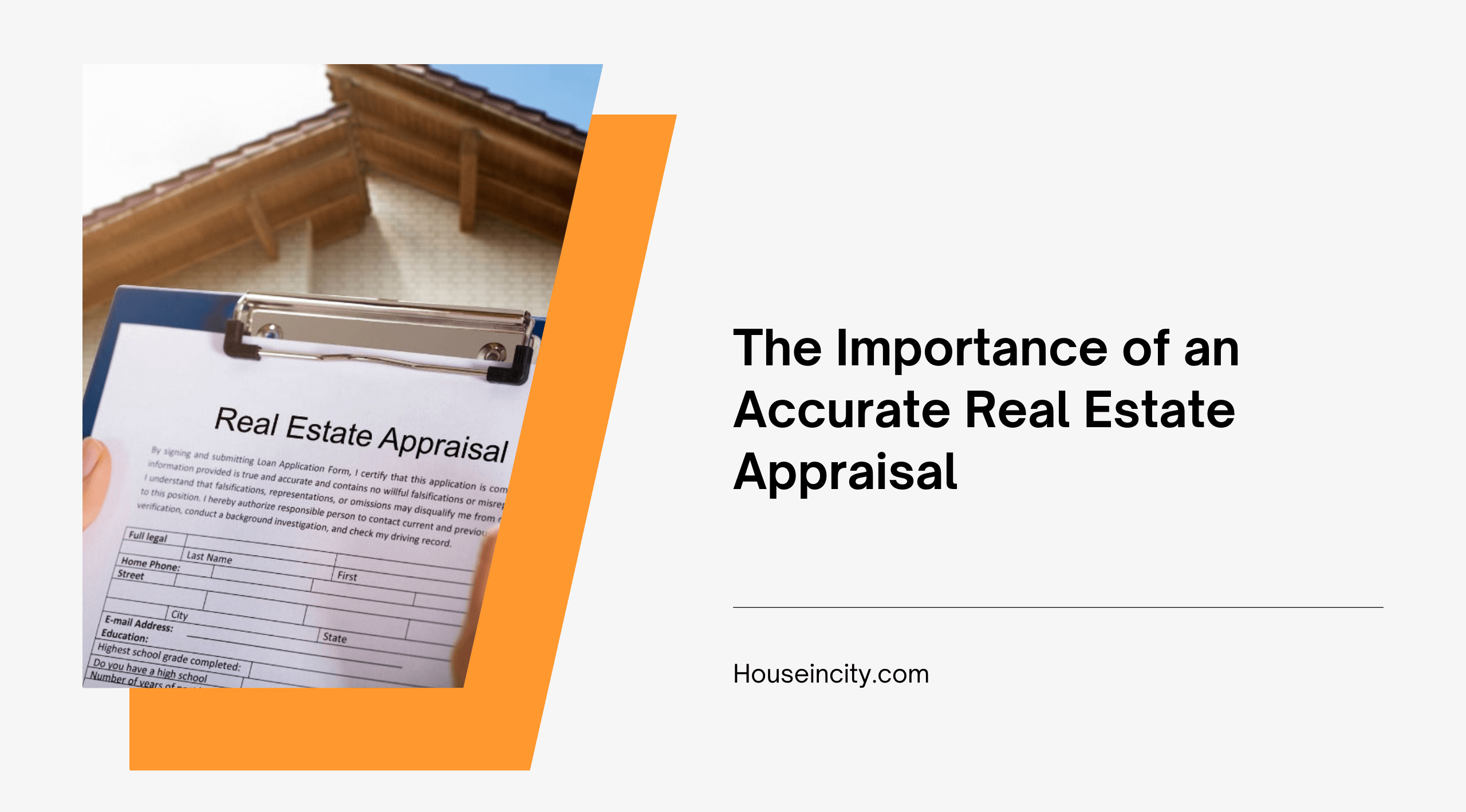Real estate appraisal is done to give an approximate value on the piece of real estate so that the bank – and the consumer – have an idea of what the real estate is actually worth on today’s market. On the surface, it seems as if the higher the value that the appraiser puts on the property, the better for the consumer. After all, the higher the value on the home, the less likely of a chance there is to have to be hit with mortgage insurance – the insurance that banks force you to purchase just in case you can not pay your mortgage so that they will not lose money on the deal. If you are having the home appraised so that you can refinance and cash out to pay off other bills, or perhaps go on a nice cruise, the higher the appraisal the more money that will be available. So how can this be bad?
Well, it can be bad, and it has been bad, for many people. Let us say that you are purchasing a piece of real estate that could reasonably expect to sell for $200,000 in the current market, and the appraiser sets the value at $250,000. Let us also say that you intend to borrow the top amount that you can borrow without having to purchase mortgage insurance – that would typically be 80% of the value of the real estate. This would mean that you would borrow $200,000 for the home – or the entire amount of its actual value. This is not a terrible thing if you intend to stay in the home for at LEAST five years, as the value of the home is likely to rise and leave you with some equity. The problem with this scenario is that most people believe what the appraiser tells them, and are expecting the home to actually be worth $250,000 when they purchase it. Imagine their surprise when five years later, their home is actually only worth $230,000, and this is with the value of real estate having risen over the past five years. The consumer will still be ahead, but not as much as they thought they would.
The serious downside to over-appraisals happens when the consumer needs to sell the home after a short amount of time. If you have taken a full-value loan on the home – thinking that you have extra equity – you will lose money on the purchase after you have paid closing costs. And this is if you can sell the home. If you can not sell the home, you will not be the only one that is unhappy – the bank will not be pleased either because they will also have thought that there was equity in the home that they lent you money for. Everybody loses – except the appraiser, who has long ago pocketed your money.
The strange twist to this is that many real estate appraisers are under pressure from the banks to come in high on appraisals. The higher the appraisal on a property, the more likely it is that the bank can justify making the loan.
Unless you are concerned about the delicate sensibilities of bankers or appraisers, you might want to consider covering your own financial behind when receiving an appraisal that is suspiciously high. If you are familiar with the real estate market in your area, and you feel certain that you have been over-appraised, call the appraiser and ask questions. Ask why your property has such a high value. Perhaps it is justified, in which case – fine. But if the appraiser can not give you a good reason for appraising it at such a high value ask him to either re-appraise it, or spend the extra money on a second appraisal. An extra $400 for an honest appraisal could end up saving you thousands of dollars.
